2016 is the year to create the future frameworks for the Creative Industries in Europe.
– the policy briefing –
At the European Creative Industries Summit 2016, 100 local, regional, national and European policy makers as well as cultural and creative stakeholders convened in the representation of North Rhine Westfalia in Brussels to debate and concretely formulate the next generation of frameworks for Cultural and Creative Industries in Europe.
Martine Reicherts, Director General, DG Education and Culture, addressed the current policy topics of the Digital Single Market – fair renumeration of artists, big data, copyright loopholes, possible abuses of the safe harbour clause. She also pointed to the areas for future works: the crossover of creativity and innovation as well as of culture heritage and creative industries. 2018 is the year of cultural heritage and – according to Martine Reicherts – creative industries should play a central role here too.
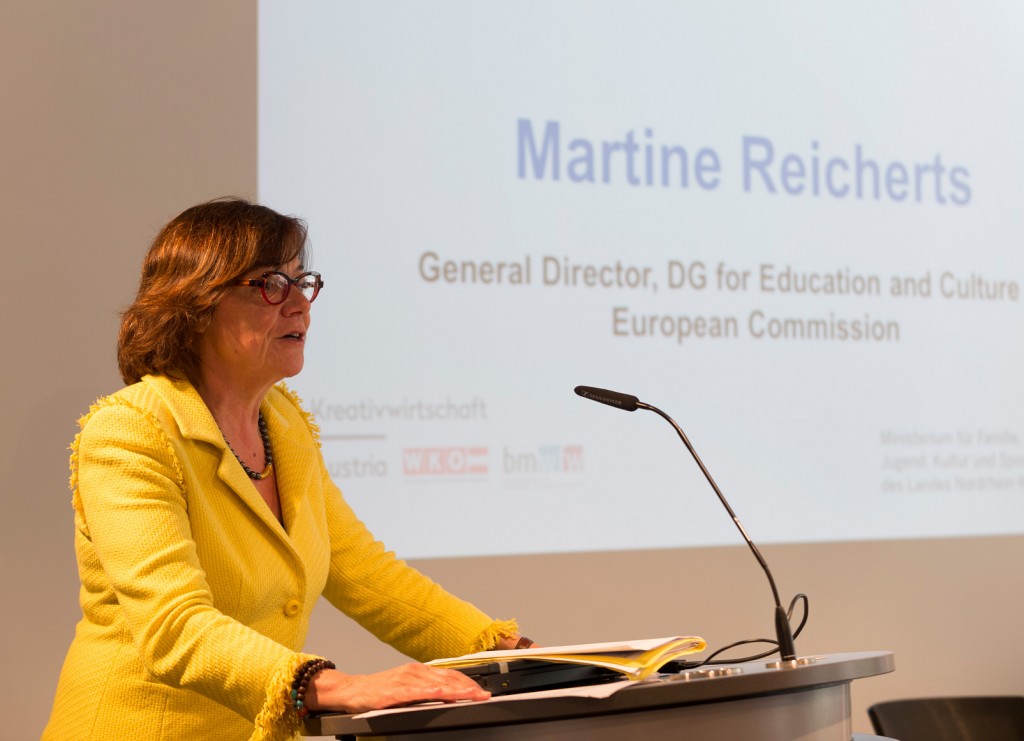
“The future of the Creative Industries is making the link between science and creativity” Martine Reicherts, Director General, DG Education and Culture
Christian Ehler, MEP, Co-Chair of the Intergroup of Cultural Creative Industries, appealed to look beyond the economic benefits of creative industries. The uniqueness of culture and creativity are the unique selling point of Europe, not only in global markets, but to its citizens. This is what Europe is about in essence. To make this happen the Intergroup initiated a new report on Creative Industries reviewing and redefining the creative industries to eliminate its underestimation. MEP Christian Ehler expects the creative industries to be the largest industrial sector in Europe. Urgent action is necessary to open the European Fund for Strategic Investment (EFSI) for the creative industries – an obligation the Intergroup in the European Parliament has safeguarded in the legal regulations for the EFSI and which ECBN has called and lobbied for in 2014. ECBN also calls on the European Investment Bank to include, at last, a representative of Creative Industries in the investment jury of the EFSI – a proposal from ECBN dating back to 2014. Christian Ehler announced at the European Creative Industries Summit to continue his support for the creative industries on the agenda of the EFSI.
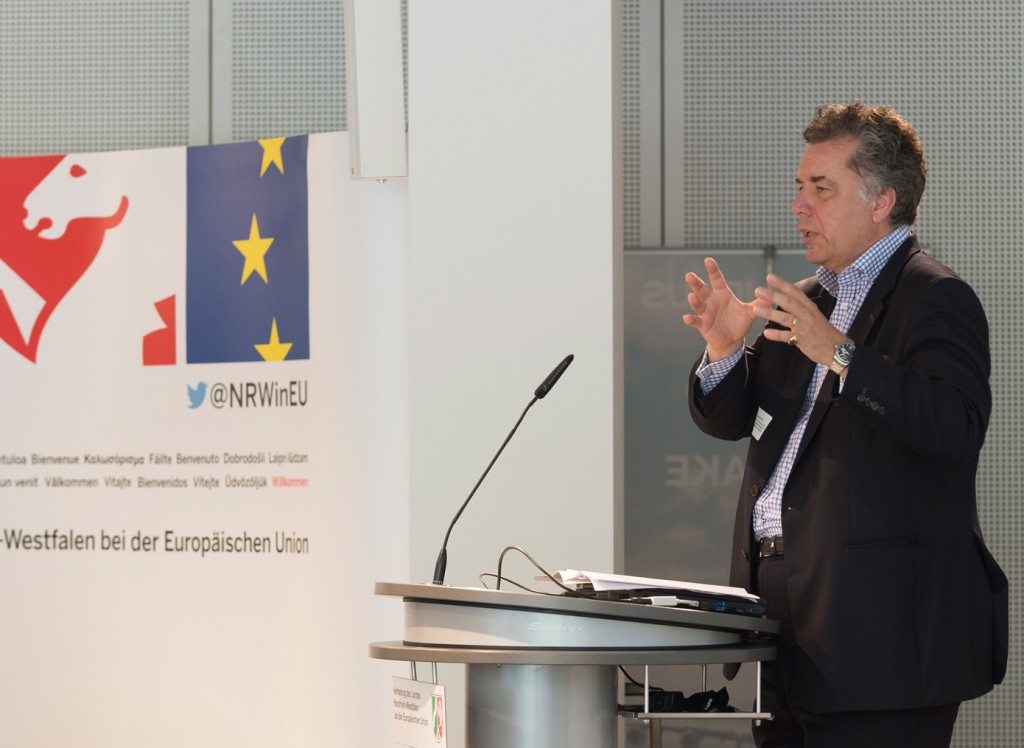
“The only way to define Europe outside of the defined treaties is by culture and the creative industries” Christian Ehler, MEP, Co-Chair of the Intergroup of Cultural and Creative Industries
Prof. Dieter Gorny, special advisor for creative and digital economy of the Federal Ministry for Economic Affairs and Energy, Berlin; Director european centre for creative economy, as a representative of the Culture and Creative Industries in general and the German Content Alliance, pointed out that the political environment has finally recognised the Cultural and Creative Industries to be a genuine industrial sector. „The products of the Culture and Creative Industries significantly determine the economy of the Internet. The political environment has also recognised that digitalisation poses massive challenges to many business models. Once again the conclusion seems to present itself: To let the Culture and Creative Industries prosper within the digital economy we need a robust and meaningful legal framework addressing questions of liability and re-visiting the basic notions of justice and fairness.“ He called on the politicians of Europe to close the “Fairness Gap” that has opened up over the past few decades.“
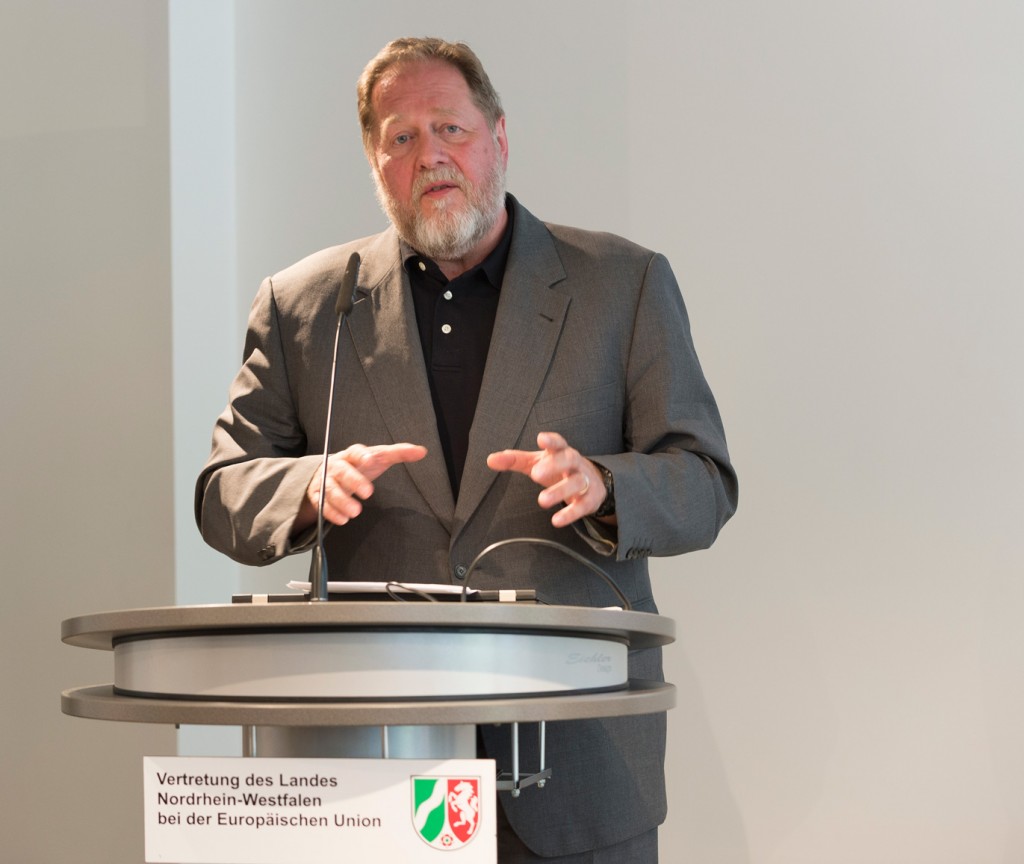
“Expose the dream of fair participation for what it is, a dream” Prof. Dieter Gorny, special advisor for creative and digital economy of the Federal Ministry for Economic Affairs and Energy, Berlin; Director european centre for creative economy
Garrelt Duin, Minister for Economic Affairs, Energy and Industry, SMEs of the state of North Rhine-Westphalia (NRW), pointed to the economic history of the state – global players in heavy industries like steel, coal, energy, globally active family businesses – and at least some 300.000 employees in the Cultural and Creative Industries. Creativity and innovation is a trans-sectorial talent and thus NRW promotes it through special cross-sectorial initiatives. Some 40 million Euros are being spent for the cultural and creative sectors from 2014 to 2020. A leading role in cross-sectorial strategies is taking on digitization – in 2016 the NRW economic ministry commissioned a study on the digital shift in the creative industries including forecast capacity, a first of its kind. This study report will be presented on the Creative Industries Dialogue NRW (CID) on November 24 in Dortmund. Minister Duin closed his presentation with an invitation and welcome to the CID NRW in Dortmund.
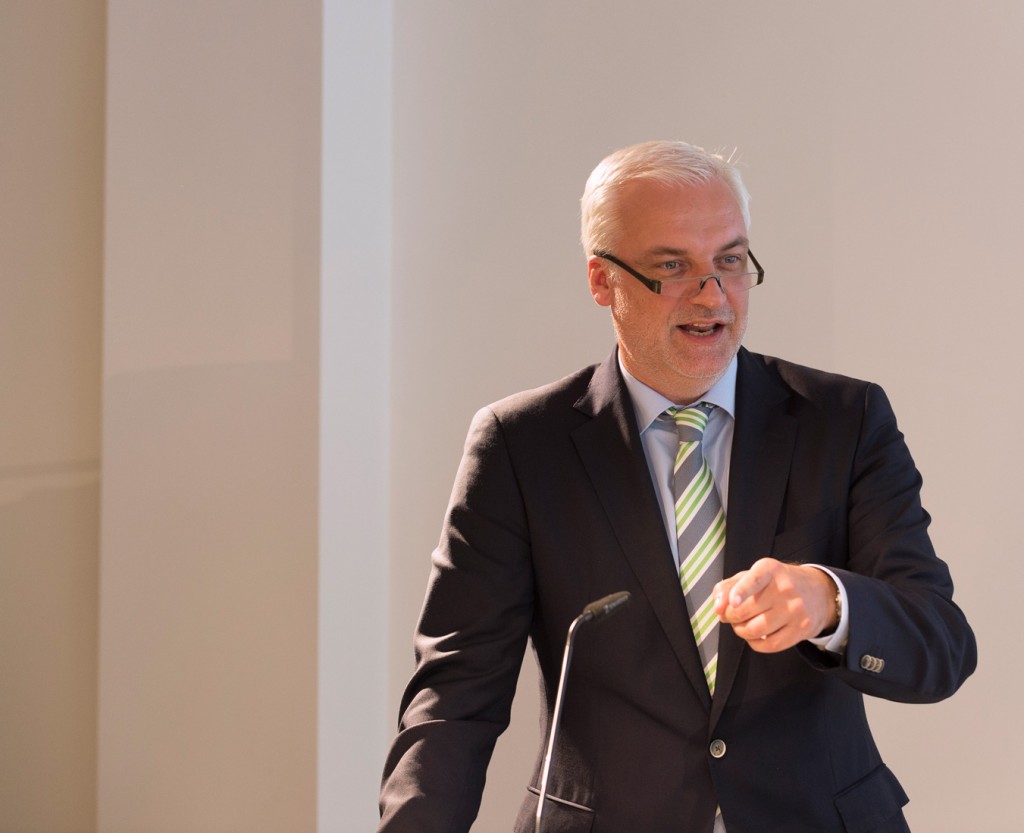
“The Creative Industries is the second largest employer in the state of North Rhine-Westphalia” Garrelt Duin, Minister for Economic Affairs, Energy and Industry, SMEs of the state of North Rhine-Westphalia (NRW)
Caroline Norbury, Chair of ECBN and CEO of Creative England, pointed out the role of the European Creative Industries Network (ECBN) as the only, regional and nationally based as well as independently financed organisation lobbying for the interest of cultural and creative industries. With its 23 members in 15 nations, ECBN represents some 75% of the workforce of CCS.
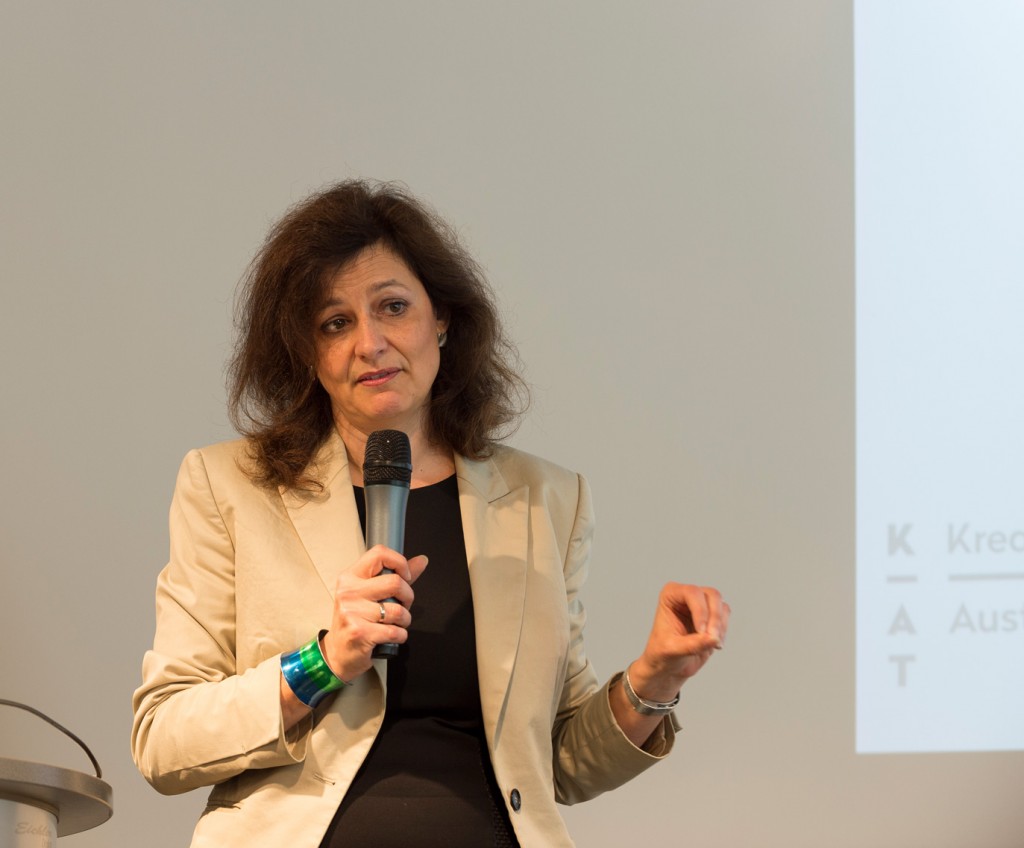
“The UK Creative Industries generates 10 million Pounds every hour” Caroline Norbury, CEO Creative England and Chair ECBN
ECBN calls for better European frameworks
for entrepreneurs in internationalization, innovation and growth,
for research in qualitative evaluation of the spill-over effects of CCS and
for infrastructure investments by the inclusion of CCS in the EFSI.
ECBN Chair Norbury: „We ask the European Parliament and DG Education and Culture to influence the European Investment Bank to apply the EFSI legal regulations fully and in earnest. “
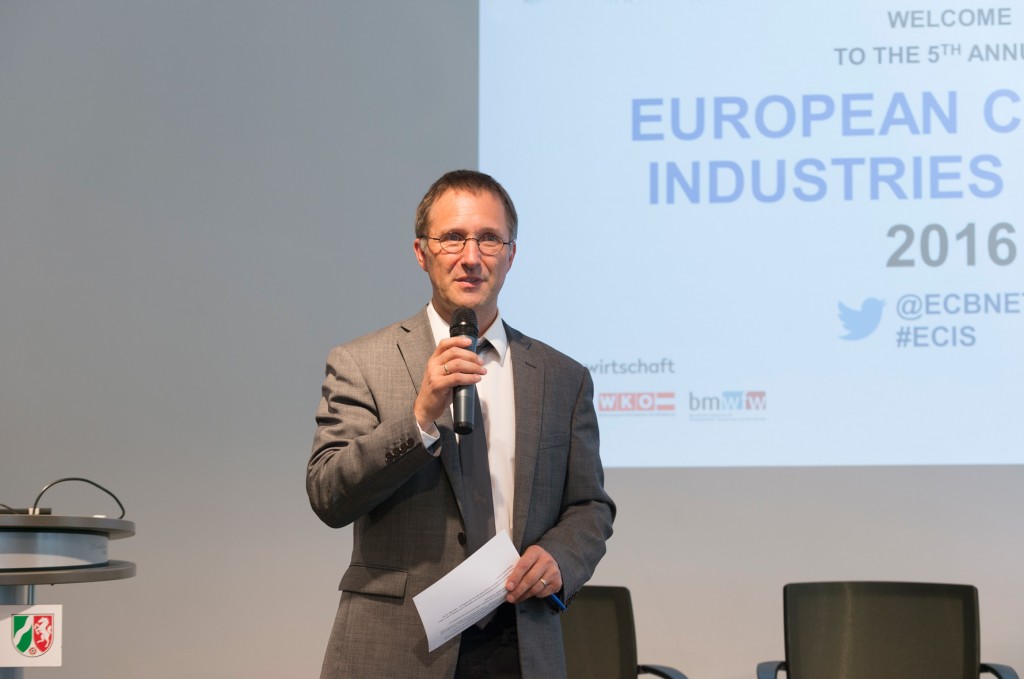
Bernd Fesel, Senior Advisor european centre for creative economy, Director ECBN
ECBN Director Bernd Fesel: „Investments for Europe´s future cannot succeed without investments in culture and creative industries – at least 5% of the EFSI is necessary for industrial capacities of CCS. The European Parliament ensured that the EFSI must fund projects of CCS and shall appoint a cultural or creative stakeholder for the investment committee. Not even this has happened after one year of EFSI operations. “
Photography by Vladimir Wegener


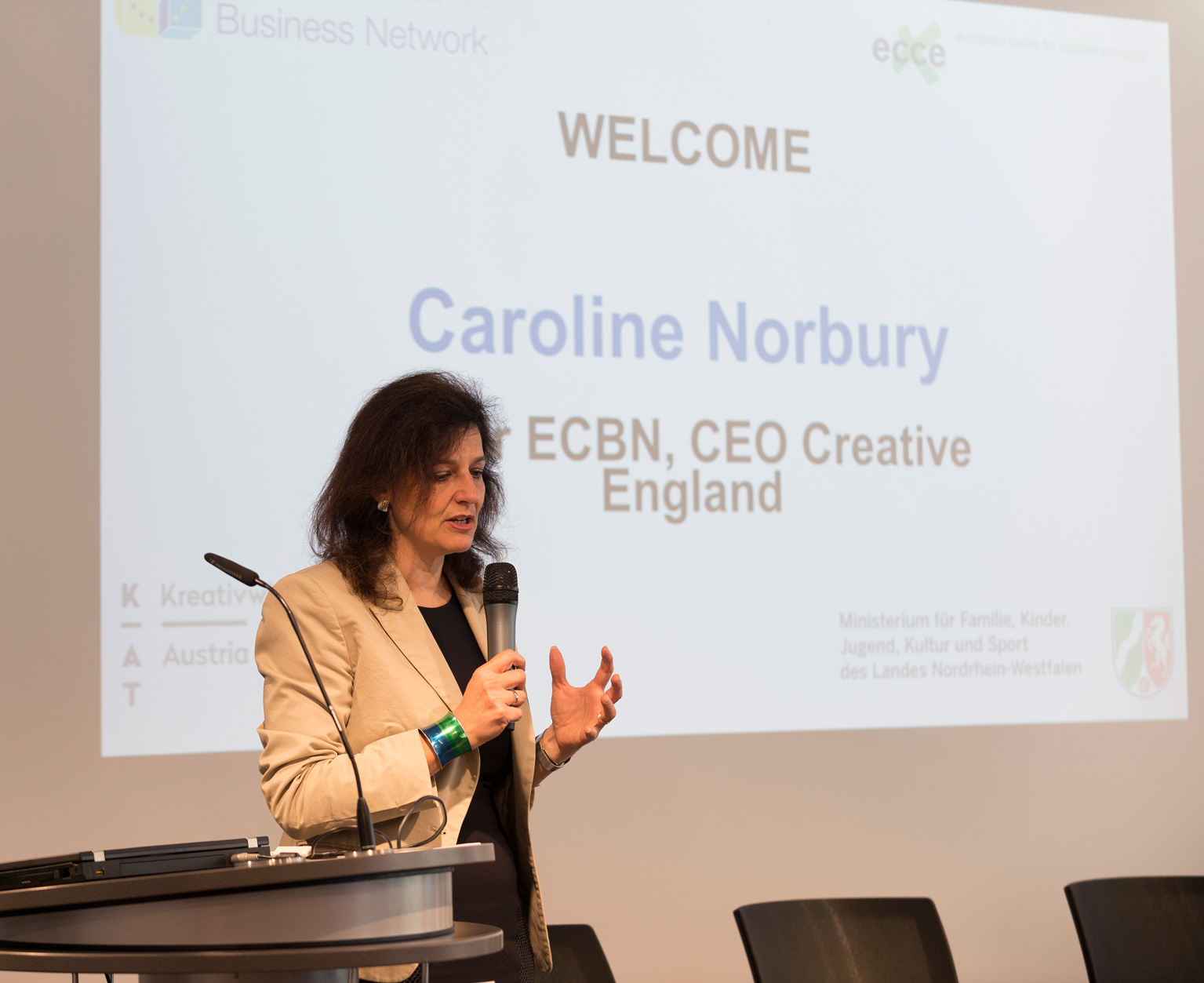
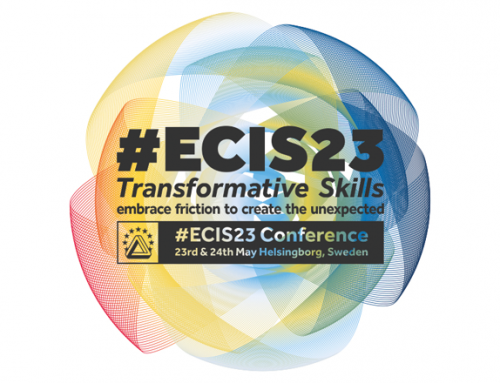
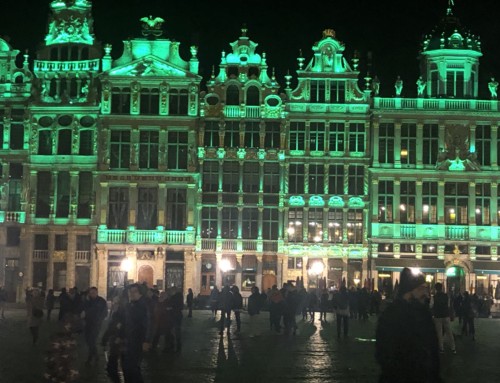
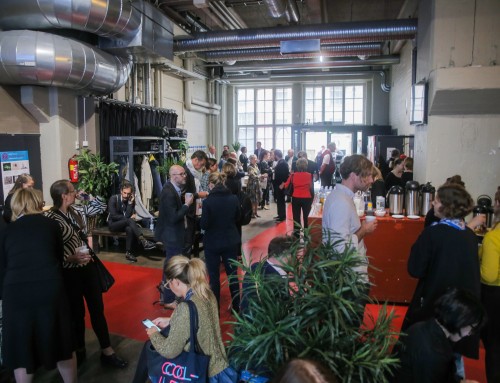

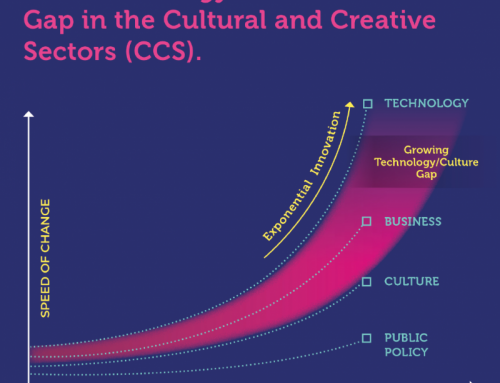
Leave A Comment